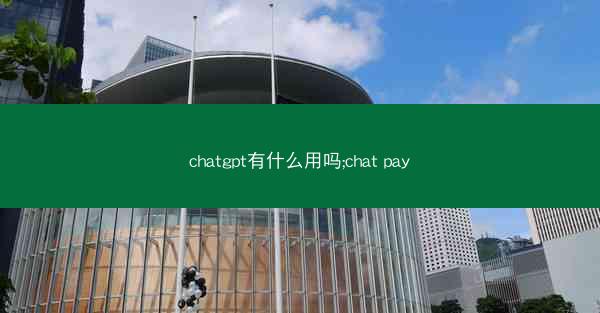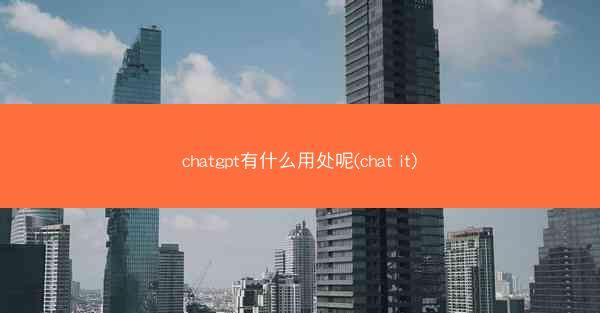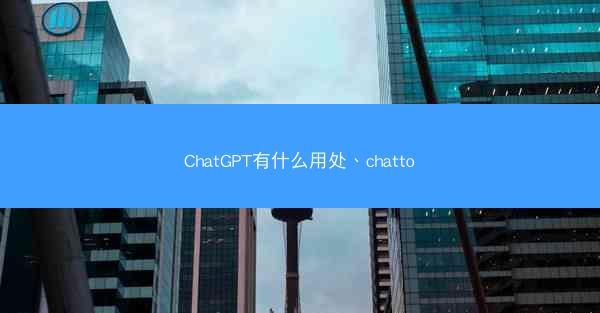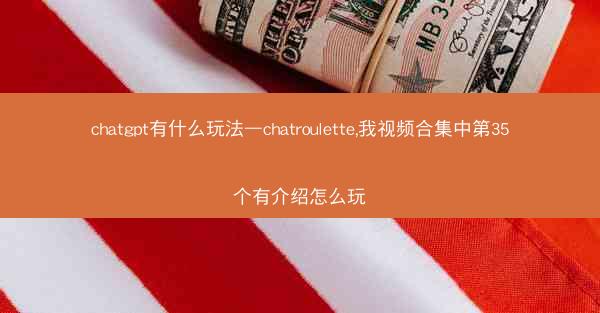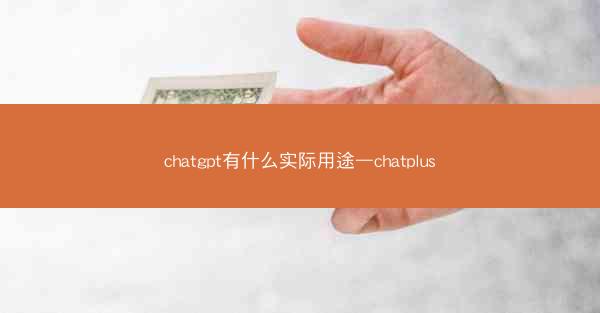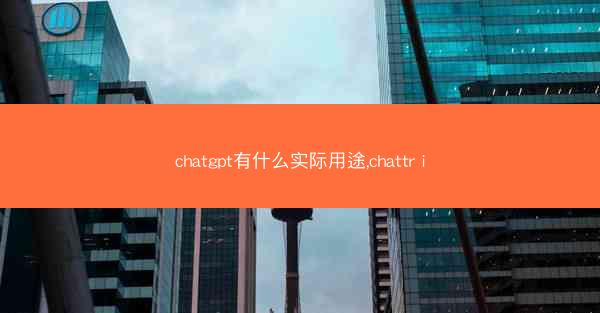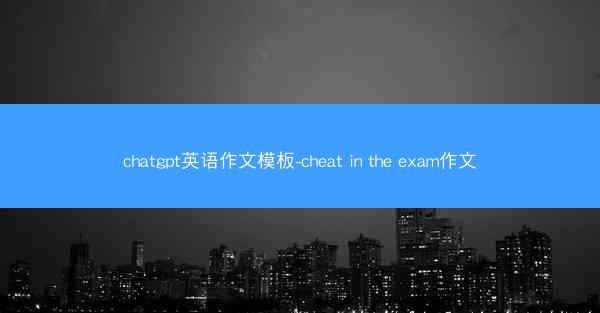
The Unseen Web of Cheating: A Hidden Dilemma in Academic Integrity
In the digital age, the boundaries of cheating in exams have expanded beyond the confines of traditional paper-and-pencil tests. The unseen web of cheating has woven itself into the fabric of academic integrity, challenging the very essence of fairness and honesty. This essay delves into the intricate world of exam cheating, exploring its various forms, consequences, and the pressing need for a renewed commitment to integrity.
The Digital Deceit: Cheating in the Modern Era
Once confined to the whispered exchanges of exam halls, cheating has now found a new home in the vast expanse of the internet. With just a few keystrokes, students can access a treasure trove of information that could potentially sway the outcome of their exams. The digital deceit has become so pervasive that it raises a fundamental question: Can we truly trust the results of exams in the age of the internet?
The Forms of Cheating: A Spectrum of Deceit
Cheating in exams takes many forms, each more cunning than the last. From the classic act of copying from a neighbor's paper to the sophisticated use of smartphones and online resources, the spectrum of deceit is vast. Some students resort to hiring tutors to take their exams for them, while others engage in the dark art of sharing answers through encrypted messaging apps. The methods are endless, but the end goal remains the same: to gain an unfair advantage over their peers.
The Consequences: A Ripple Effect of Dishonesty
The consequences of cheating in exams are far-reaching and can have a ripple effect on the entire academic community. For the cheater, the immediate reward of a higher grade may seem appealing, but the long-term repercussions can be devastating. Academic dishonesty can lead to a loss of self-respect, damaged relationships with peers, and even expulsion from the institution. Moreover, the credibility of the entire educational system is called into question when cheating becomes widespread.
The Battle Against Cheating: A Call to Arms
The battle against cheating in exams requires a multifaceted approach. Educational institutions must implement stricter policies and utilize advanced technologies to detect and deter cheating. Proctoring software, for instance, can monitor students during exams to ensure they are not accessing unauthorized materials. Additionally, fostering a culture of integrity is crucial. By emphasizing the importance of honesty and hard work, schools can encourage students to take pride in their achievements and resist the temptation to cheat.
The Role of Technology: A Double-Edged Sword
While technology has become a tool for cheating, it also offers solutions to combat it. Online platforms can be used to educate students about the ethical implications of cheating and to provide resources for those struggling with exam anxiety. Moreover, the very same technology that enables cheating can be harnessed to create secure exam environments. By embracing the potential of technology, we can create a more level playing field for all students.
The Future of Academic Integrity: A New Dawn
The future of academic integrity lies in a collective effort to uphold the values of honesty and fairness. As the unseen web of cheating continues to evolve, so must our strategies to combat it. By fostering a culture of integrity, utilizing advanced technologies, and educating students about the consequences of cheating, we can pave the way for a new dawn in academic honesty.
In conclusion, the unseen web of cheating in exams is a complex and multifaceted issue that requires a comprehensive approach. By understanding the various forms of cheating, recognizing its consequences, and taking proactive measures to combat it, we can ensure that the integrity of our educational institutions remains intact. Let us rise to the challenge and create a future where honesty and fairness are the cornerstones of academic success.


